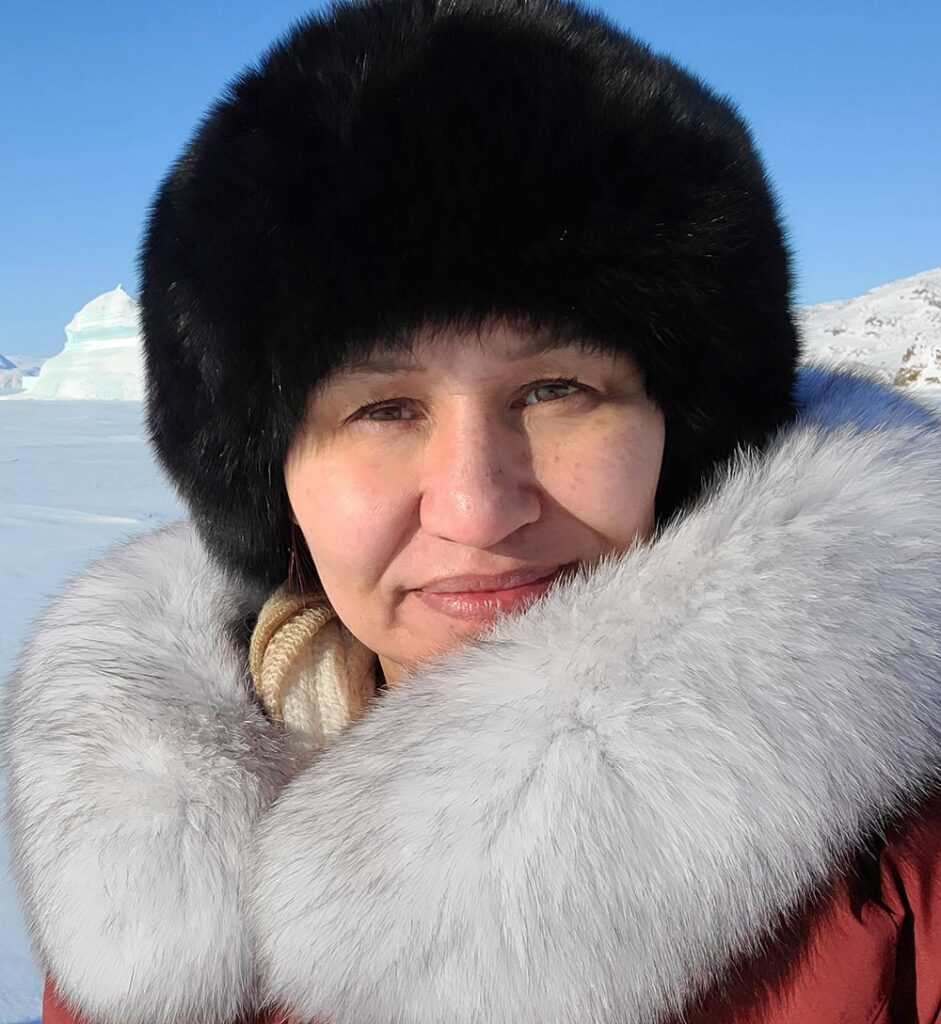Welcome to Kana Wain Dida 2021
(Looking After Each Other)
Day 1 Panel Speakers
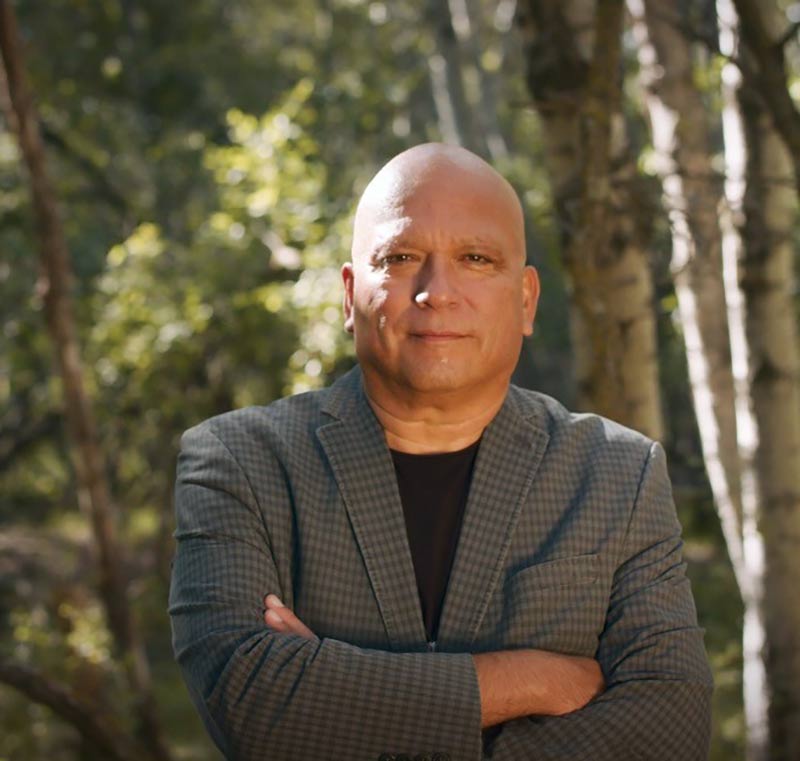
Dr. Barry Lavallee
Dr. Barry Lavallee is a member of the Metis community of St. Laurent, Manitoba and a descendent of Duck Bay and Lake Manitoba First Nations
Dr. Lavallee’s more recent research activities centred on prevention of chronic kidney disease in First Nations in Manitoba using point of care testing technology. As well, he is principle investigator for a Strategic Patient-Oriented Research-Diabetes grant focussing on the evaluation of an anti-racist curriculum for practicing physicians working with First Nations who live with diabetes.
Prior to joining Manitoba Keewatinowi Okimakanak Inc. as the Medical Advisor (2019) and accepting the position of CEO of Keewatinohk Inniniw Minoayawin Inc. (2020), he practiced general medicine in Winnipeg after 17 years of flying regularly to Tataskweyak First Nation to provide in-community physician services.
He is the past president of the Indigenous Physicians Association in Canada. Dr. Lavallee’s more recent research activities centred on prevention of chronic kidney disease in First Nations in Manitoba. As well, he is principle investigator for a Strategic Patient-Oriented Research-Diabetes grant focussing on the evaluation of an anti-racist curriculum for practicing physicians working with First Nations who live with diabetes.
Dr. Nel Wieman
MSc, MD, FRCPC

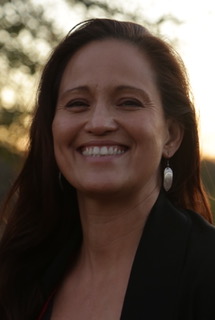
Dr. Ojistoh Kahnawahere Horn
Ojistoh Kahnawahere Horn is a Haudenosaunee family physician whose mother is from Kahnawake and father is from Akwesasne. Providing full spectrum care to her people has been rewarding, challenging, and very thought provoking. She also supervises and teaches students and family medicine residents from Queens, McGill and the University of Ottawa’s medical schools. Her wide interests include environmental determinants of health and holistic approaches to providing primary care to indigenous communities.
Day 2 Panel Speakers
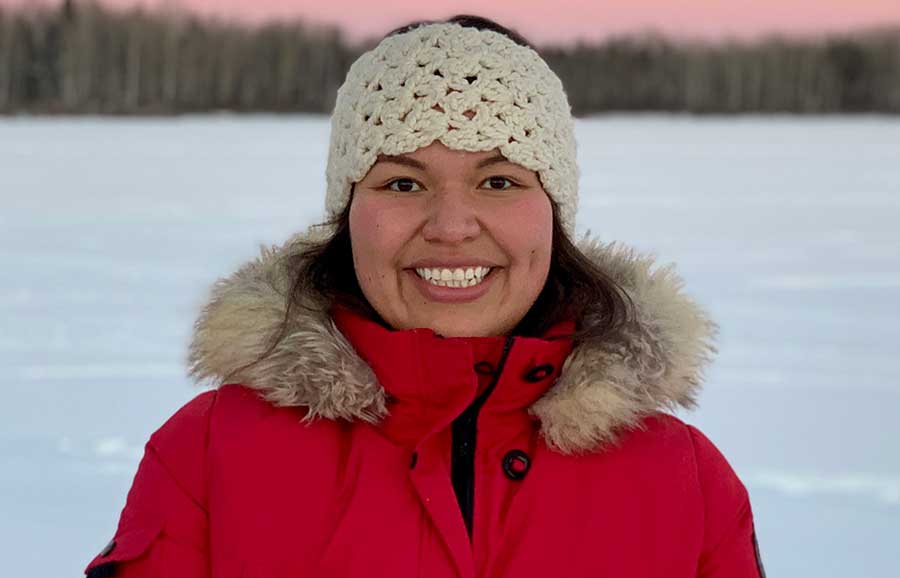
Dr. Becky Neckoway
Sylvia McAdam
Sylvia McAdam (Saysewahum) is from the Treaty 6 lands in what is now called “Canada.” She is a direct descendant of Treaty peoples and Original peoples of these lands. Sylvia is from the nēhīyaw Nation. She has her Juris Doctorate from the University of Saskatchewan and a Bachelor’s degree in Human Justice from the University of Regina. Sylvia is co-founder of a global grassroots Indigenous-led movement called “Idle No More.” Idle No More has changed the political and social landscape of Canada as well as reached the global community to defend and protect all lands, waters, and animals.
Sylvia is also co-founder of the “One House Many Nations” Campaign, which designs off-the-grid sustainable tiny-homes to address and raise awareness about the epidemic unacceptable proportions of homelessness in such a wealthy state as “Canada” especially amongst Indigenous/Original peoples.
Through the work of protecting land and water, Idle No More has been selected for several awards, namely: the Carole Gellar Human Rights Award, Foreign Policy Top 100 Global Thinkers 2013, Social Justice Award, and 2014 Global Citizen Award. Most recently, it was awarded the Margolese National Design for Living Prize.
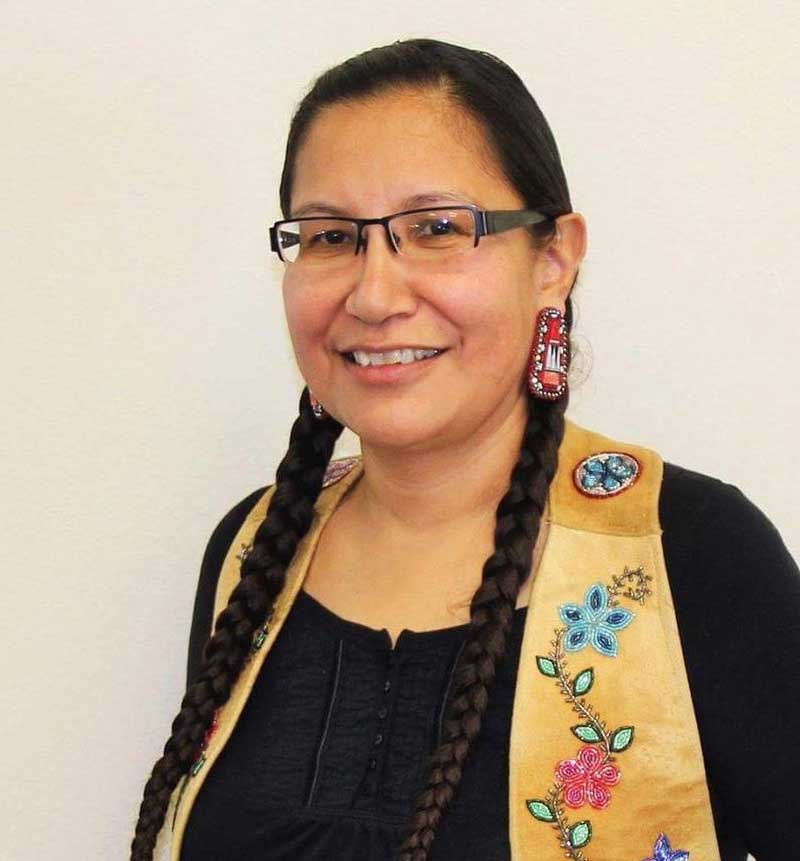
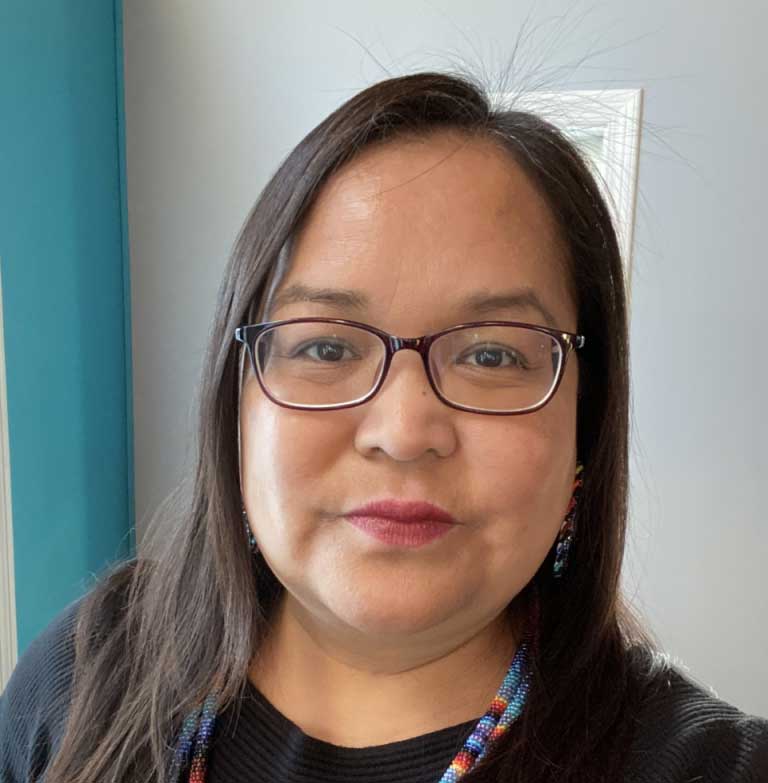
Tania Cameron
Tania Cameron is the Northern Regional Coordinator at Aboriginal Sports and Wellness Council of Ontario. Prior to holding this position, Tania was the Executive Assistant to the Regional Chief at the Chiefs of Ontario, and before that also worked as a Resource Technician at Wabauskang First Nation. Tania is a graduate of the Aboriginal Self-Government Administration Program from Red River College, in Winnipeg.
Nancy Mike
Nancy Mike currently works as a Research Associate: Community & Family Health for a local non-profit organization called Qaujigiartiit Health Research Centre in Iqaluit, Nunavut. Nancy attended Nunavut Arctic College and completed her BScN in 2015, has worked as a nurse at the In-patient unit at the Qikiqtani General Hospital and at the Iqaluit Elder’s home. She is a Researcher, nurse, an accordionist, throat-singer, visual artist and author originally from Pangnirtung, Nunavut. She now lives in Apex, Iqaluit, and is a mother of three daughters and truly enjoys utilizing her Inuit culture and language in all the work that she does.
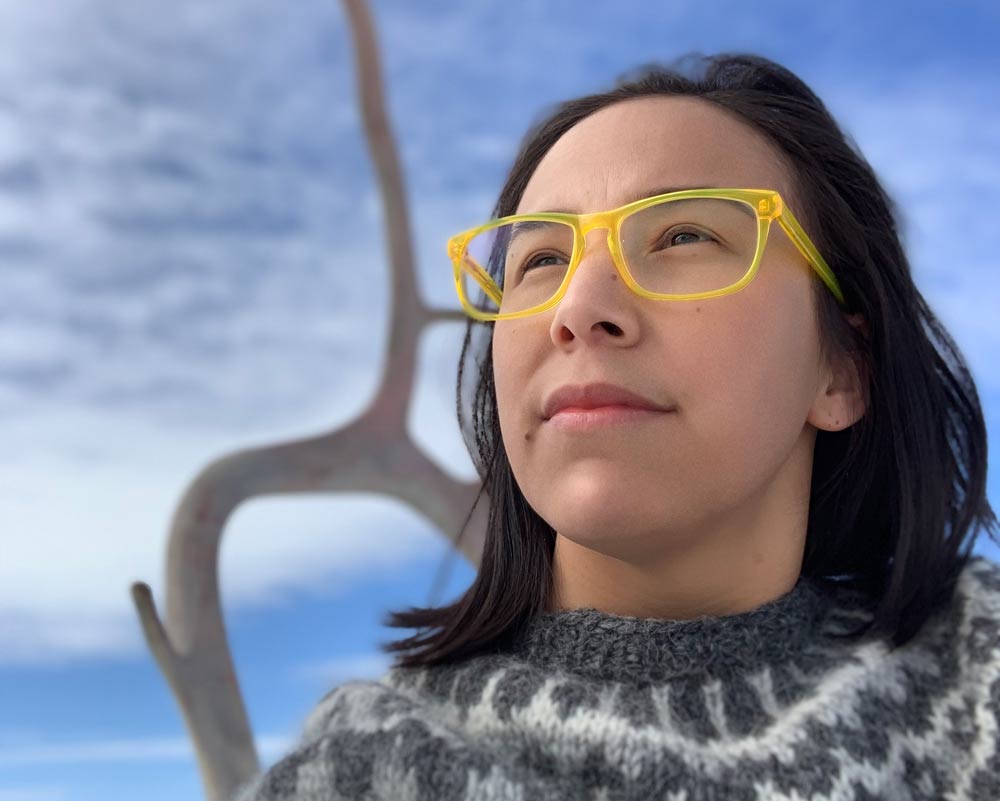
Day 3 Panel Speakers
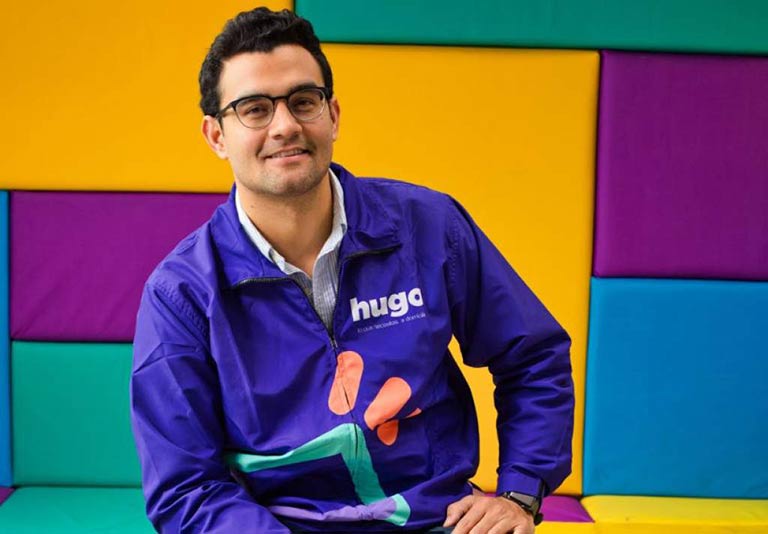
Alejandro Argumedo
DirectorAssociation ANDES
Alejandro Argumedo is Director of Programs and Andean Amazon Lead of Swift Foundation. He is a recognized indigenous Quechua leader and currently serving on the Board of Directors of Asociación ANDES of Cusco, Peru and SeedChange of Ottawa, Canada. He is also Advisor to the Potato Park, current Coordinator of the International Network of Mountain Indigenous Peoples and “Champion” of the global initiative “Food for Ever”. Alejandro is an agronomist by training, has served on various expert panels for the UN and other relevant bodies and consulted for national and international organizations.
Keshab Thapa
Keshab Thapa was born in Thapathana, Parbat – a small village in Western Nepal. They belong to the Bagale Thapa clan of the Kshyatri caste of Nepal. My research is related to Indigenous Sovereignty, Indigenous land use, community-led biodiversity management, traditional ecological knowledge, and climate change adaptation. I have 9 years of experience in community-based research and development in climate change adaptation, sustainable agriculture and participatory biodiversity management in Nepal. I have travelled to India, Bangladesh, Bhutan, Philippines, Norway, Netherlands, Ethiopia, the USA, Ecuador, and Canadian provinces to share my work and learn from researchers, policy makers and community members in various meetings and conferences. In Canada, I focus on learning from the experiences and perspectives of Indigenous community members, Indigenous scholars, and decolonizing researchers.
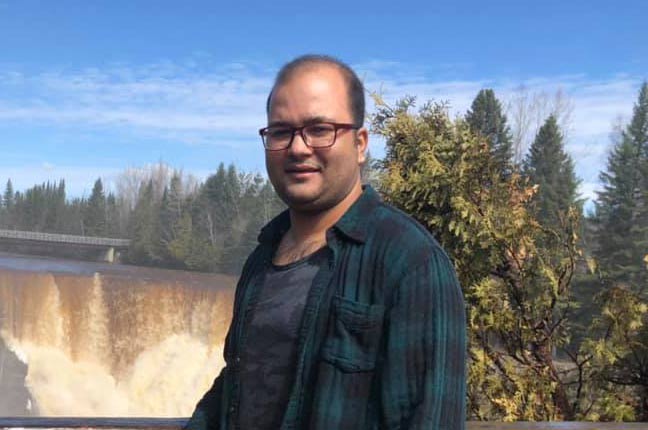
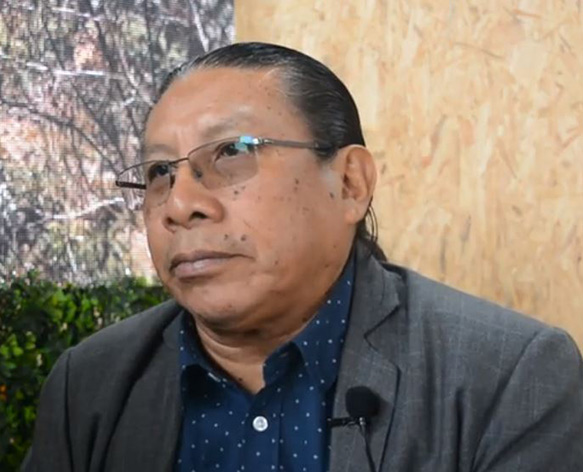
Onel Masardule
Onel Masardule, is an Indigenous Guna from Panama. Onel is the Executive Director of the non-profit Foundation for the Promotion of Indigenous Knowledge (FPCI) in Panama. Onel’s work focuses on direct action and advocating for change in areas of Indigenous rights, conservation and biodiversity in Latin America.
Mary-Lee Sandy-Aliyak
Iqaluit Nunavut, Mary-Lee Sandy-Aliyak is Indigenous Inuk to Canada. Living in Canada’s northernmost territory, some of which is located above the Arctic Circle. While Mary-Lee spends plenty of time on stage, you can often find her with a needle and thread in her hands, as she has sewn for as long as she can remember after having learned it from her mother and grandmother. Mary-Lee’s original designs have certainly been noticed. A well-known and sought-after comedian, Mary-Lee takes part in many events from qulliq lighting, drum dancing, baking, traditional sewing and clothing education, Tech crew for concerts, Translations to Inuktitut on stage, Stage manager for events, Comedian and Master of ceremonies for all kinds of events. In the variety of different events for a better community, having strong traditional knowledge from her grandparents and leadership qualities, Mary-Lee ensures the Inuit Culture and language is showcased. Mary-Lee also takes part in many movements, such as Mental Health in Nunavut, Violence against women, Black Lives Matter (Indigenous Lives Matter), Suicide Prevention, and many others for a better community, a better Nunavut and strongly feels Inuktitut is important in every event and that Inuit in Nunavut should always be a part of every event, concert or shows.
